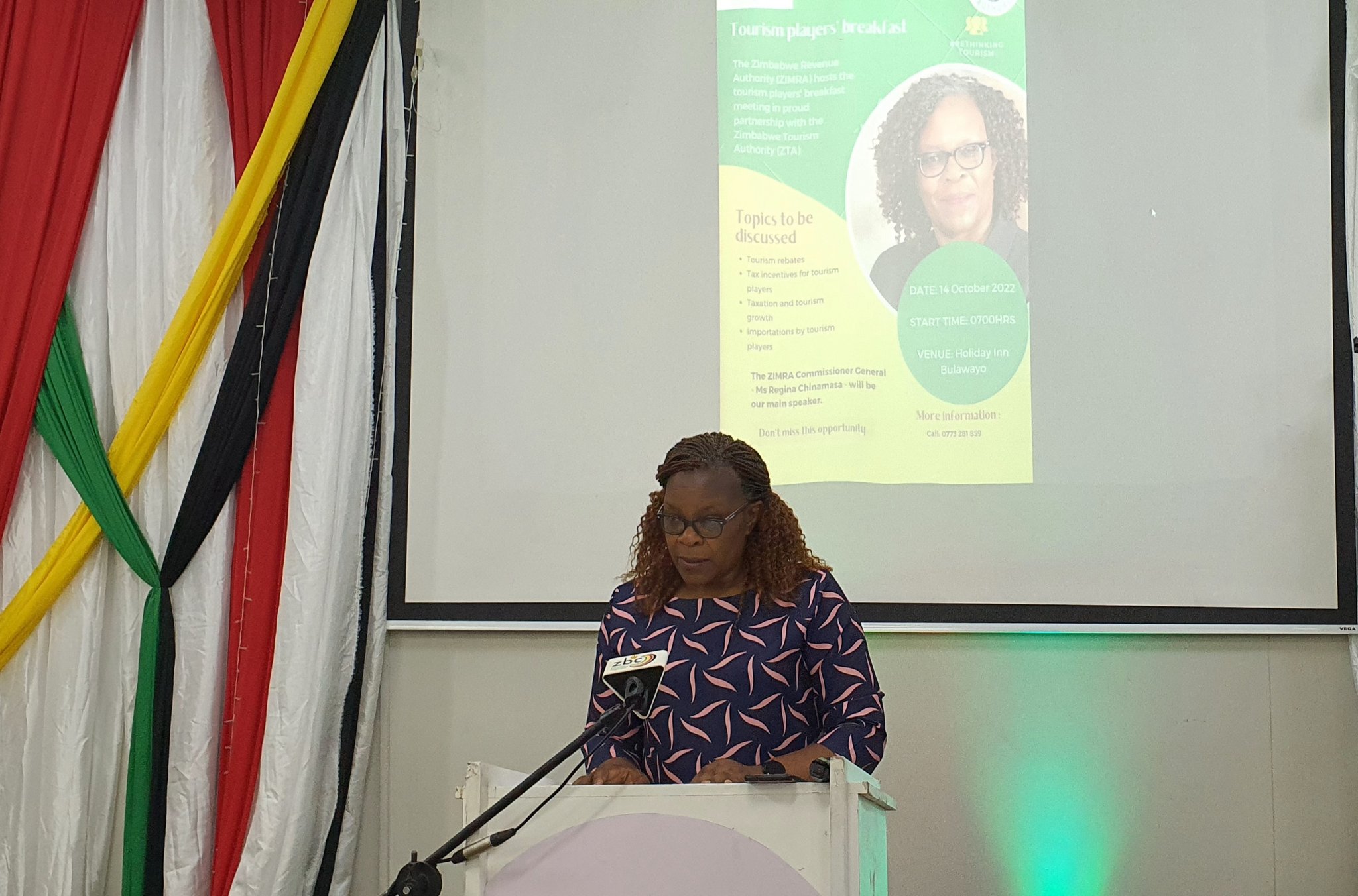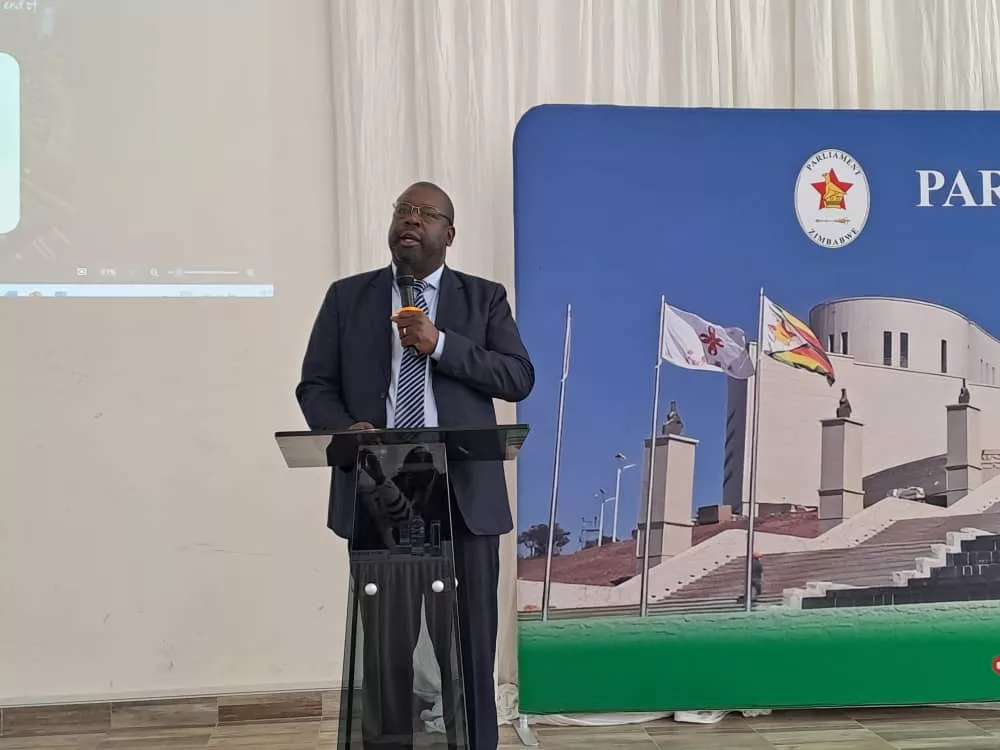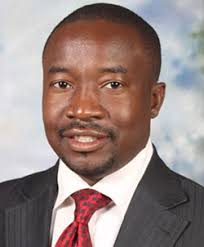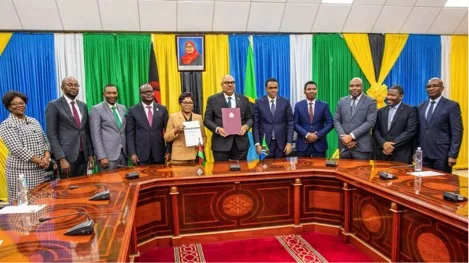|
Getting your Trinity Audio player ready...
|
Tourism plays a critical role in economic development hence the need for strengthened domestic resource mobilisation, Ms. Regina Chinamasa, the Commissioner-General of the Zimbabwe Revenue Authority (ZIMRA) has said.
She made the remarks today at the Sanganai/Hlanganani Tourism Players’ Breakfast Meeting, which is being hosted by ZIMRA in close partnership with the Zimbabwe Tourism Authority (ZTA) at the Holiday Inn Hotel in Bulawayo.
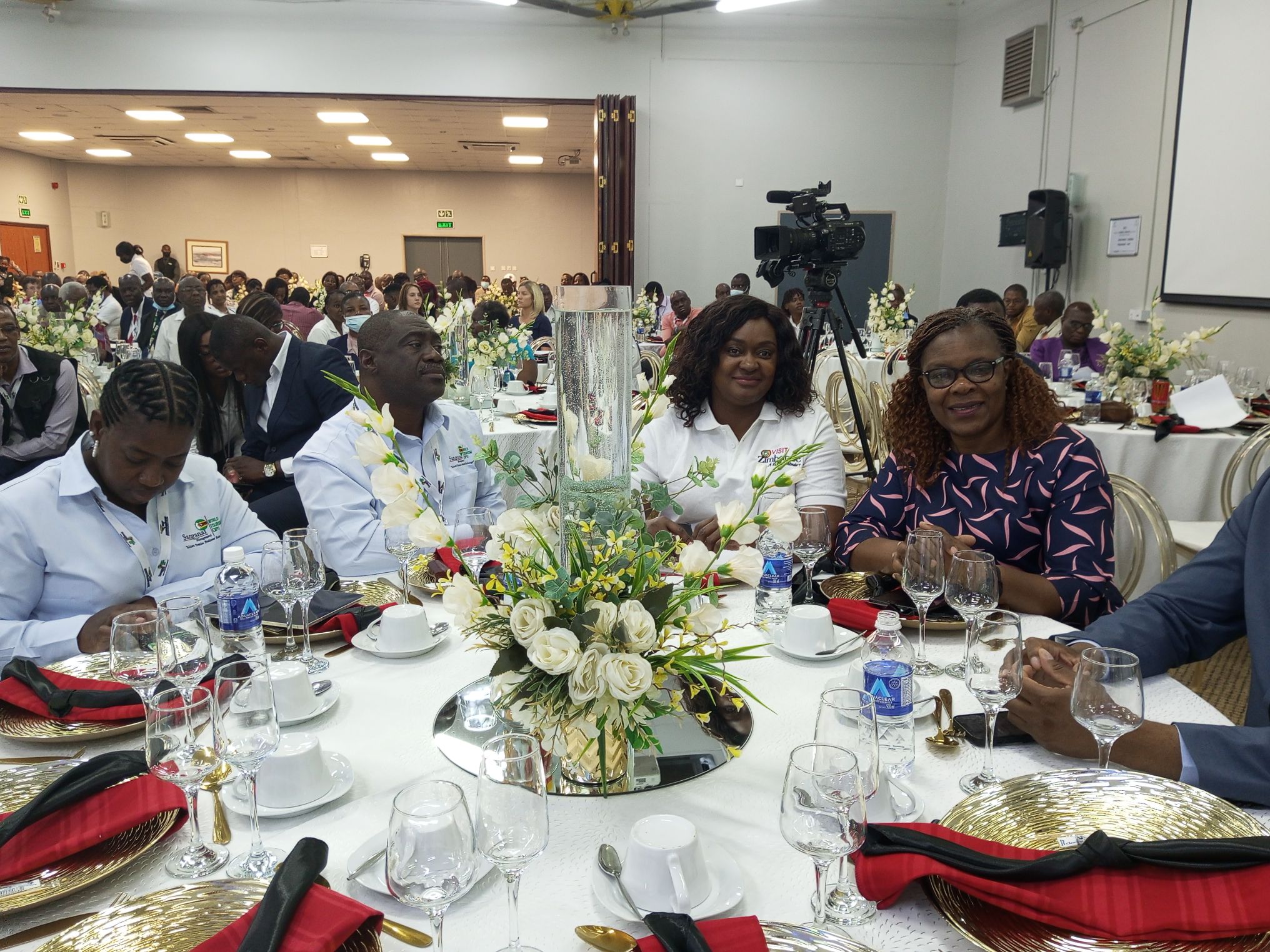
The platform is meant to generate constructive debate and exchange of ideas on issues affecting both the Zimbabwe Revenue Authority and the players in the tourism industry.
“I am greatly indebted to the Tourism Authority for giving us this opportunity to meet with tourism players – an opportunity which I believe is coming at the right time when efforts are being put together to resuscitate and unleash the full potential of the tourism industry post-Covid-19…
“Ladies and gentlemen, Domestic Resource Mobilization (DRM) which is the generation and spending of domestically generated funds to provide public goods, has remained a vital cog in our operation as ZIMRA, and to a greater extent Zimbabwe. DRM has gained even greater importance not only in Zimbabwe but across Africa ever since the launch of the Addis Tax Initiative (ATI) in July 2015 and the adoption of the Sustainable Development Goals (SDGs),” Ms. Chinamasa said.
She said as a Revenue Administrator, ZIMRA is of the view that enhancing DRM is not just necessary but imperative in order to guarantee resources for the government’s social and economic programmes. Strengthening DRM is one of the many key steps towards reinforcing the country’s self-reliance and is also a long-term panacea for managing international debt.
She alluded to many ways in which the tourism sector can assist in creating adequate fiscal legroom for the government so that it doesn’t depend too much on foreign debt or aid.
Statistics have continuously shown that the tourism sector has always contributed an average of about 7% towards the GDP of Zimbabwe. The sector has vast potential to be among the anchor sectors of the country. Currently, tourism and hospitality are among the top three foreign currency generators in the country.
Zimbabwe is endowed with a natural pristine environment and attractions that are unique and rare. The country is home to a robust, diverse, and rich culture that is admired by many.
The tourism sector is ably managed by an equally competent team as evidenced by the world-class hotels, lodges, resort sites, and camps among other sites that offer a hospitality environment. With such a glamour record, the country is considered one of the preferred first destinations of tourists.
The Commissioner-General alluded to the need to complement the tourism sector with equally world-class services such as roads, security, and health services within the tourism sites and across the country.
Ms. Chinamasa said such services are driven by Government through largely the taxes and levies hence tax compliance by the tourism and hospitality sector is therefore key.
According to the World Bank, tax revenue collection as a share of GDP is between 15 to 20% in developing countries but over 30% in upper-income countries. This confirms the role of taxes in modernizing and transforming national economies.
Mr. Farai Chimba, the President of the Hospitality Association of Zimbabwe reiterated the sector’s commitment to offering products and services that can position tourism as the engine for economic recovery post-COVID-19.
“As we drive towards vision 2030, we firmly believe our sector plays a huge role in growing the economy collectively. Synchronizing the various departments and other sectors will go a long way in giving competitiveness to our country. We look forward to a fruitful engagement that will allow the industry to interface and highlight areas of interest and contribute towards the ease of doing business,” Mr. Chimba said.
Stakeholders called for decentralisation of ZIMRA services by providing in other towns and cities other than Harare in pursuit of addressing bottlenecks affecting tax compliance.


